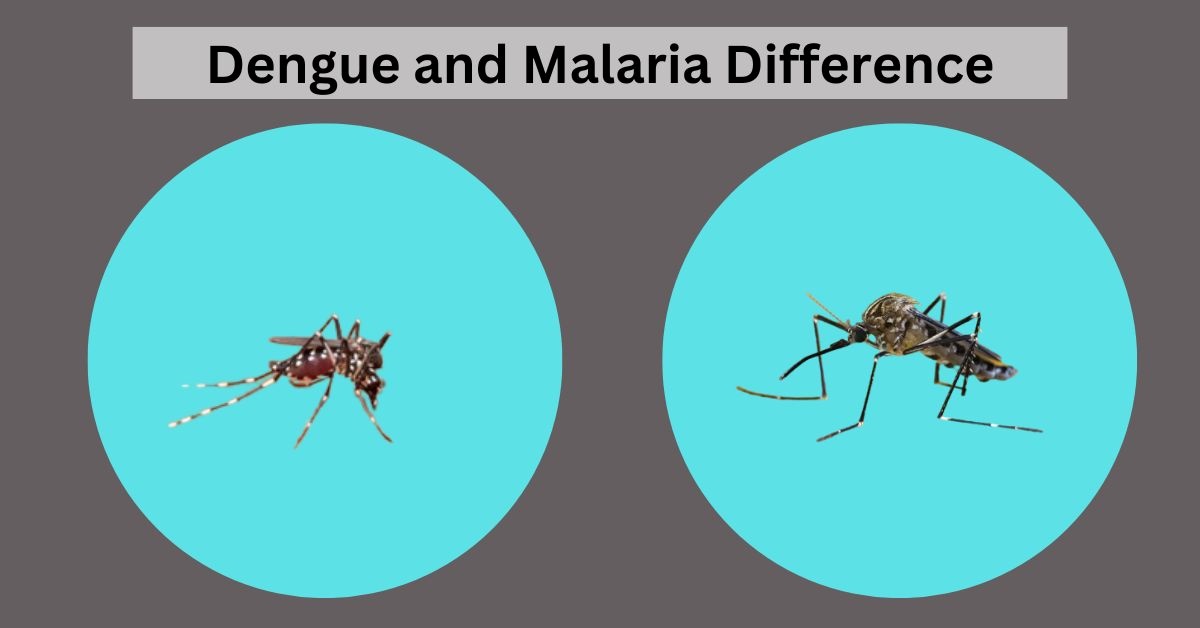Recently, the Centers for Disease Control and Prevention (CDC) issued an alert after five cases of malaria were confirmed in Florida and Texas. The cases are the first in 20 years acquired in the United States, with no links to travel outside the country.
Malaria has come to the fore and the health organization has issued a Health Alert Network (HAN) to prevent people from falling ill. The mosquito-borne disease has not occurred in the United States since 2003 and is becoming a cause for concern.
The CDC report states “CDC is collaborating with two US state health departments on ongoing investigations of locally acquired, mosquito-transmitted Plasmodium vivax malaria cases. “There is no evidence to suggest that the cases in the two states (Florida and Texas) are related.”
“In Florida, four cases have been identified in close geographical proximity and active surveillance is underway to detect additional cases. Mosquito surveillance and control measures have been implemented in the affected area. In Texas, one case has been identified and surveillance activities are underway to detect additional cases, as well as mosquito surveillance and control.” he added.
With rising tensions, there are chances of confusion between malaria and dengue. That is why it is important to learn the difference between the two mosquito-borne diseases.
What is malaria?
Malaria is a mosquito-borne disease caused by a parasite that is transmitted when an infected mosquito bites a human. The parasite cells then reach the liver and multiply in number, traveling to the bloodstream and causing discomfort, fever and chills.

Source: CDC
According to the CDC, there are four types of malaria parasites:
- Plasmodium falciparum
- Plasmodium vivax
- Plasmodium oval
- Plasmodium malariae
Malaria is most common in tropical and subtropical regions, but can also occur in temperate areas. The disease is transmitted by female Anopheles mosquitoes, which are found in areas with hot and humid climates. Malaria symptoms usually appear 10 to 15 days after being bitten by an infected mosquito. However, symptoms can also appear weeks or even months later.
According to the WHO, in 2021 there have been 247 million cases of malaria and 619,000 deaths.
What is dengue?
Dengue is also a mosquito-borne disease caused by the dengue virus. It is transmitted through the bite of an infected Aedes aegypti or Aedes albopictus mosquito. These mosquitoes are found in tropical and subtropical regions around the world, including parts of the Americas, Southeast Asia, and the Pacific.
There are 4 types of dengue viruses:
- DENV-1
- DENV-2
- DENV-3
- DENV-4
Dengue symptoms usually appear 4 to 7 days after being bitten by an infected mosquito.
In some cases, dengue can progress to a more severe form called dengue hemorrhagic fever (DHF). Dengue hemorrhagic fever is characterized by bleeding from the nose and gums. It can also cause low blood pressure, shock, and organ failure. Dengue hemorrhagic fever is a life-threatening condition and requires immediate medical attention.
According to the WHO, in 2019 there were 5.2 million cases of dengue.
Here is a list of differences between the two:
|
Characteristic |
Malaria |
Dengue |
|
Cause |
Parasite (Plasmodium) |
virus (dengue) |
|
Transmitted by |
Mosquitoes (female anopheles) |
Mosquitoes (Aedes aegypti and Aedes albopictus) |
|
Symptoms |
Fever, chills, headache, muscle aches, fatigue, vomiting, diarrhea and cough. |
Fever, headache, muscle aches, rash and swollen glands. |
|
Gravity |
It can be mild or severe and can be fatal. |
It can range from mild to severe, with the most severe form being dengue hemorrhagic fever (DHF). |
|
Treatment |
Anti-malaria medications |
There is no specific treatment for dengue, but supportive care can be provided to help relieve symptoms. |
|
Prevention |
Avoid mosquito bites |
Avoid mosquito bites and get vaccinated against dengue if you travel to an area where it is common |
In conclusion, both dengue and malaria are diseases transmitted by mosquitoes that can be fatal. It is essential to take the necessary measures and get checked if any of the above symptoms arise. The Centers for Disease Control and Prevention suggests that malaria is a medical emergency and should be treated accordingly.
Categories: Optical Illusion
Source: ptivs2.edu.vn
